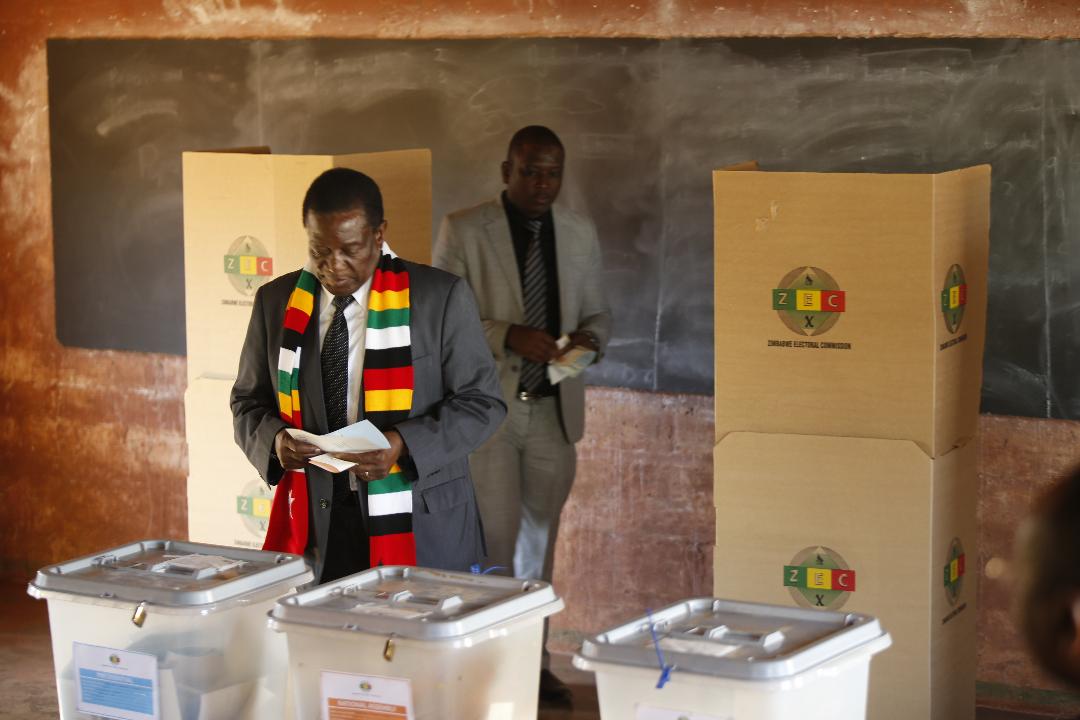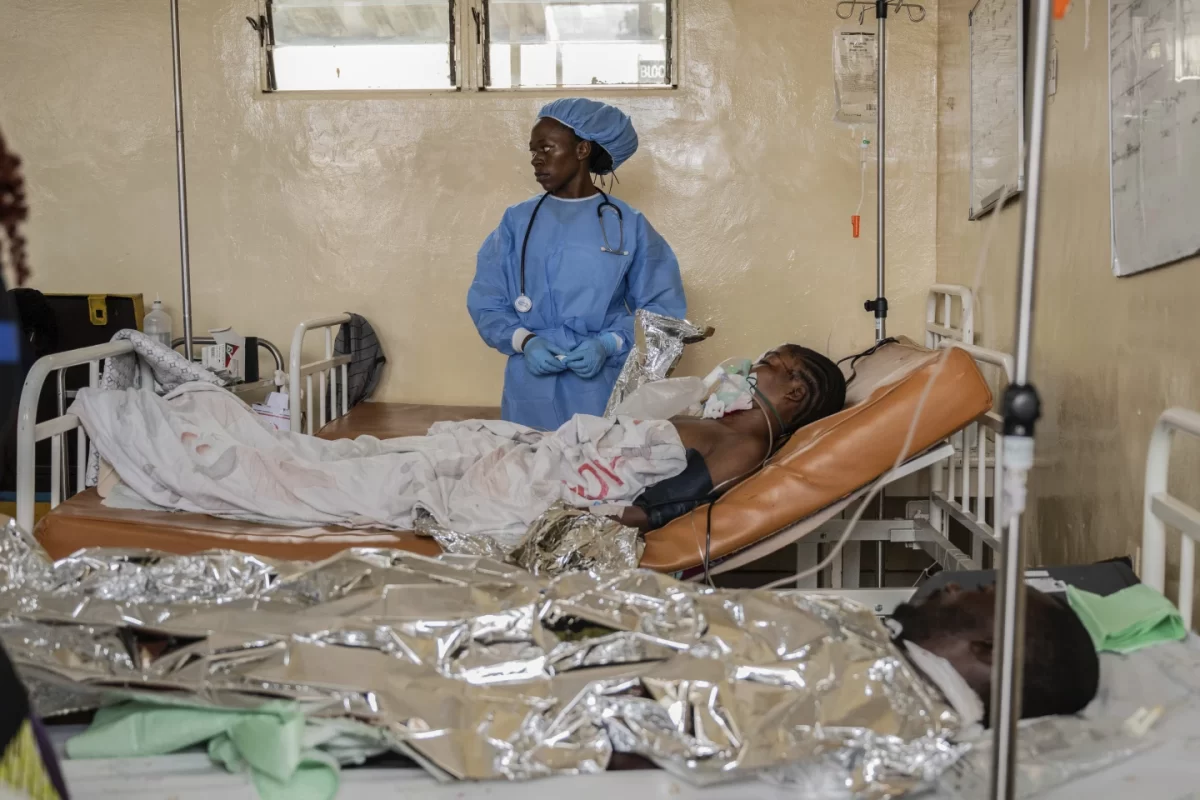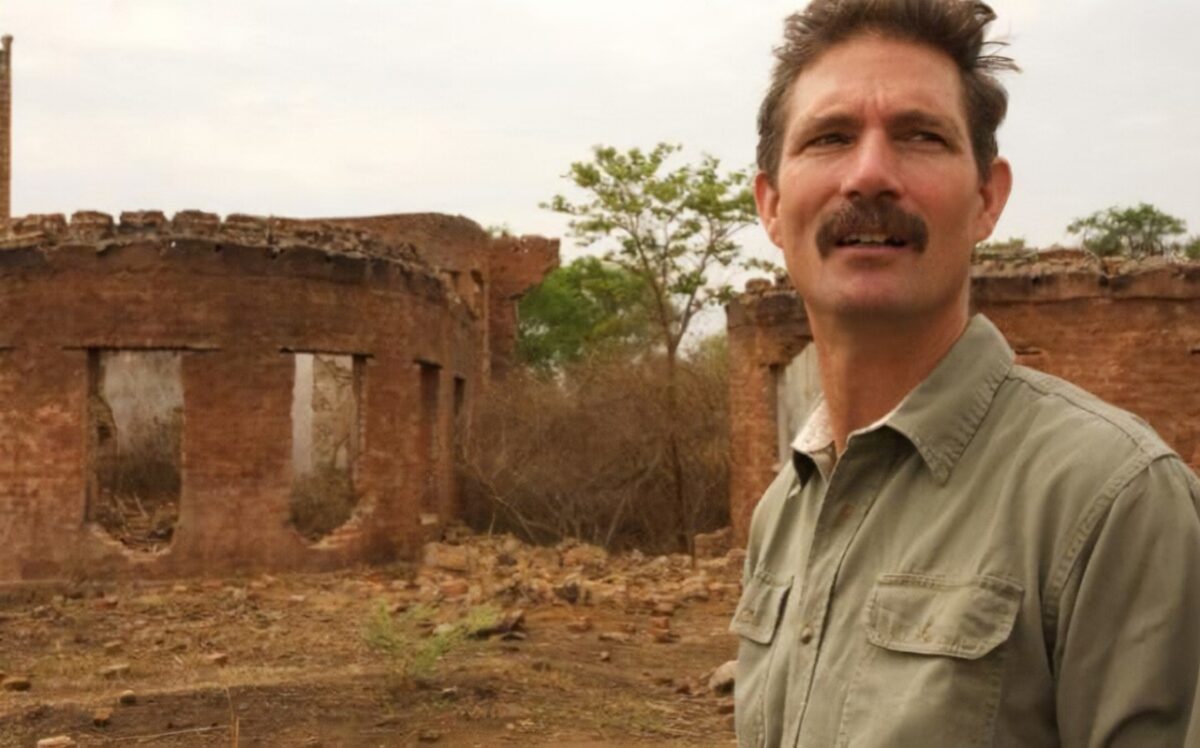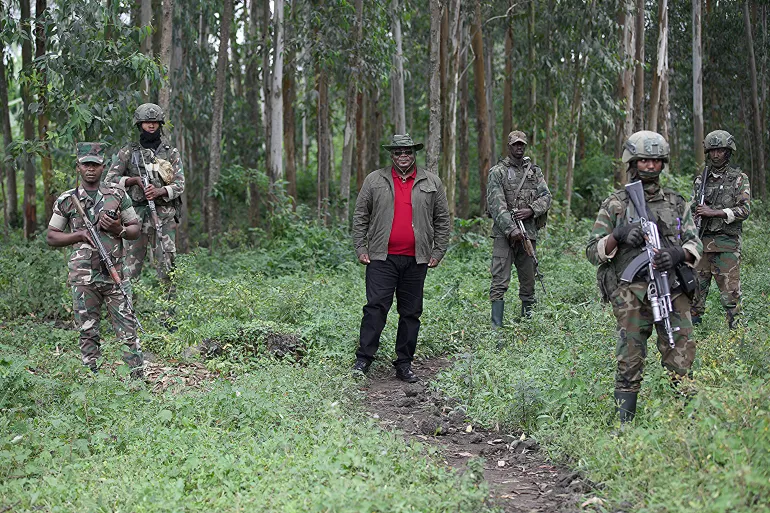HARARE – Heads of Christian denominations on Tuesday called for a suspension of elections for seven years to “reset” Zimbabwean politics “in a non-competitive political environment.”
The church leaders, representing all major denominations in Zimbabwe, met in Harare on Monday to “consider the currently unfolding national crisis in totality.”
The resolutions of that discussion released on Tuesday recommended a “seven-year Sabbath” which they said would “remove all political contestation from the land and focus the period on healing past wounds, recover the economy, and build a new political culture of cooperation focused on nation-building.”
“We have prayerfully come to the conclusion that in light of the current political paralysis, deepening mistrust and dehumanising economic decline, the nation will need to take a bold decision to address the root causes of our national challenges that have a very long history and will not be fully resolved by one entity,” the churches said.
“In this light, we are calling on the nation to Sabbath on all political contestation for seven years to allow for the rebuilding of trust and confidence, reset our politics and chart a shared way forward towards a comprehensive economic recovery path in a non-competitive political environment.”
The church leaders said Zimbabwe was in the grips of an economic and political paralysis which could not be solved by another election.
“Since 2000, election periods have been characterised by violence and paralysing polarisation… We foresee that whichever political party wins an election, the paralysis will remain if the opposing parties do not learn how to collaborate,” they said.
“The… current environment does not allow for meaningful political reforms nor is it conducive for an inclusive economic participation for ordinary citizens. Such an environment of toxic political relations also renders our international re-engagement process futile, which international isolation inhibits investor confidence.”
The suspension of elections in the constitution, the churches said, would be put to a national referendum following which discussions would begin about a detailed government structure.
“The assumption is that once the principle receives national acceptance through a referendum, a consultative process to design the operationalisation framework of the Sabbath season will be established through a broad-based and comprehensive national dialogue involving all levels of society.”
The churches said the Sabbath was a deep theological theme based on God’s command to his people to set the seventh day for a rest.
“Seven years were also considered as Sabbath years. Seven-year Sabbaths or 49 years constituted what was called the Jubilee season. In this Jubilee season, land would be left fallow so that it could recover its nutrients. Debts would be forgiven. New relationships would be built and God would bless his people.
“Zimbabwe reaches her Jubilee year in 2029. The nation could use this coming period to usher in a true Jubilee for the nation by removing all political contestation…”
The ruling Zanu PF party and the main opposition MDC are yet to respond to the churches’ proposal.
The statement was issued by the Zimbabwe Council of Churches, the Evangelical Fellowship of Zimbabwe, the Zimbabwe Catholic Bishops’ Conference and the Union for the Development of Apostolic Churches in Zimbabwe Africa.
















